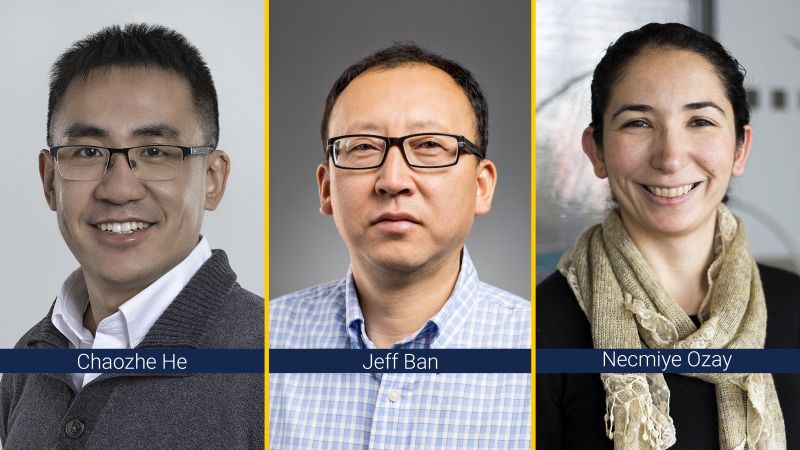First round winners named in NSF-supported competition to win free use of Mcity remote testing capabilities

We are pleased to announce the first round of winners who will gain access to Mcity 2.0 remote testing capabilities through a competition supported by the National Science Foundation.
A total of 10 awards will be granted through April 15, 2025. The first three proposals chosen for funding address multi-agent interactions, cooperative optimization, and vehicle control. Learn more about the winning researchers and their projects below.
If you’re interested in submitting, learn more about Mcity 2.0 capabilities and read the request for proposals. Below are the deadlines for submitting proposals for rounds two and three, along with expected grant award dates.
The next deadline to submit is March 14. After that, we will accept proposals on a rolling basis.
| Allocation of 10 Awards | Proposal Due Date | Award Grant Date | Status |
|---|---|---|---|
| First three awards | Nov. 15, 2024 | Dec. 16, 2024 | Complete |
| Middle four awards | Jan. 15, 2024 | Feb. 14, 2025 | Open |
| Final three awards | March 14, 2024 | April 15, 2024 | Open |
Winners of the first three awards are:
- “Investigation of multi-agent interactions including human drivers and micro-modalities with connected automated vehicles (CAVs)” plans to conduct multi-agent testing and verification of CAV operations inclusive of human driver and vulnerable road user modalities. The team, all from the University of Buffalo includes Chaozhe He, Austin Angulo, Irina Benedyk, and Kevin Hulme, Ph.D., CMSP.
- “Network-level cooperative optimization and control of CAVs and traffic signals in Mcity 2.0” will test and evaluate the benefits of cooperative optimization and control of CAVs and traffic signals on larger networks with multimodal traffic flow and demonstrate how the Mcity 2.0 mixed reality testing environment can facilitate the testing and evaluation, positively impacting the broader research community on CAVs. The team includes University of Washington Professor Jeff Ban.
- “Handling Uncertainty and Leveraging V2V Predictive Information for Vehicle Control” will experimentally validate recent advances in safe-by-construction control design including opportunistic safety and preview-based safety. The team, from the University of Michigan College of Engineering, includes Necmiye Ozay, Ruya Karagulle, Mohamad louai Shehab, and Alperen Tercan.